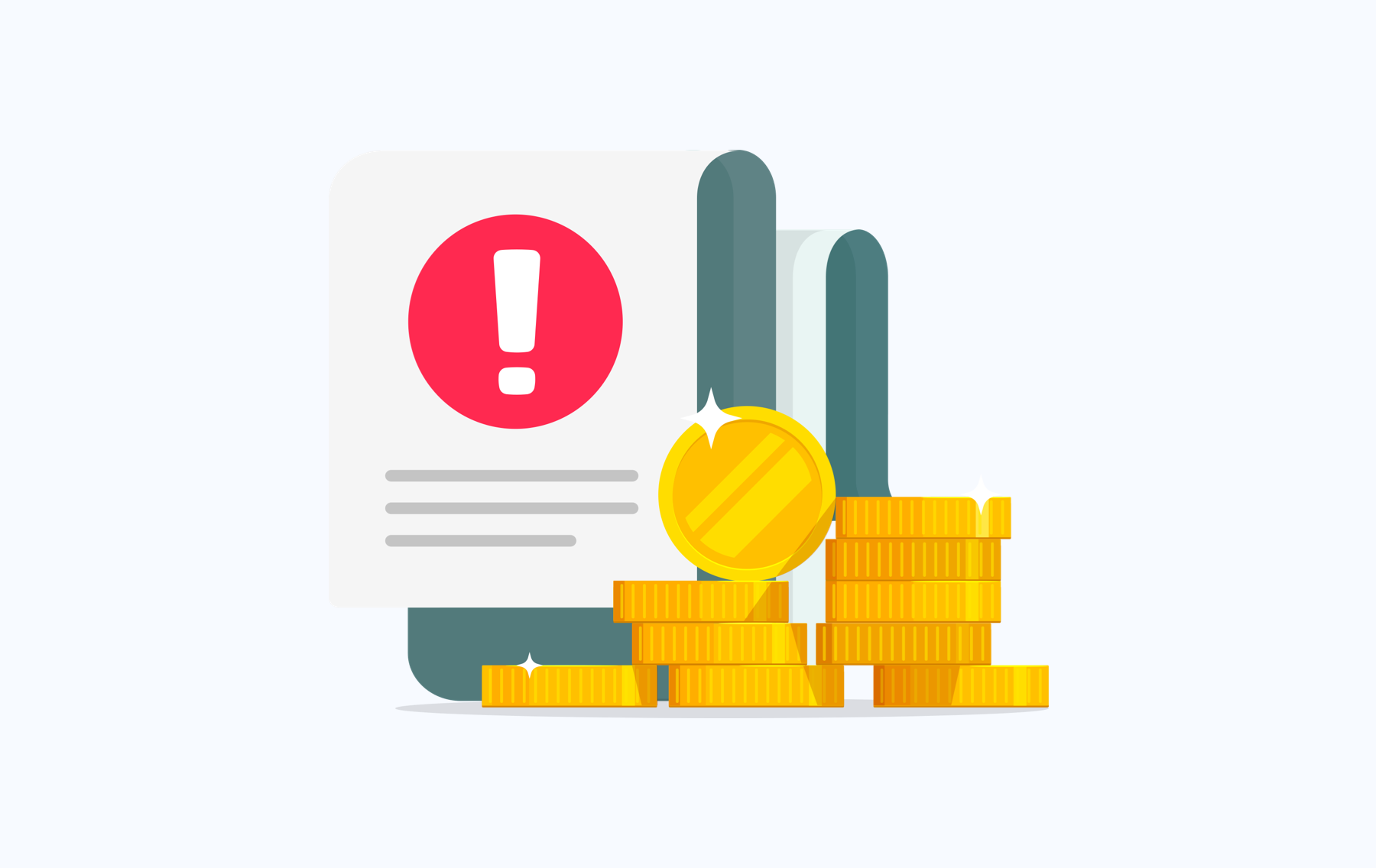“I invested on the recommendation of a friend. Thanks to the Forex expert (they will give a name here), I earned 50 thousand dollars for 1 thousand dollars in two hours! You can win too. Call this number for contact.” If you haven’t come across a message, content, or dialogue like this yet, you’re lucky. Because this is a method frequently used by investment scammers on social media lately and it is a very common investment scam: Trying to raise money by promising high returns in return for investment. Making you believe that they will guide you like an investment expert so that you can grow your money effortlessly.
Fraudsters who share posts, and stories over hacked social media accounts or send you private messages using these accounts convince you to send money to an unknown place. While you are waiting to make a profit, both your money and these people disappear.
Scammers often exploit common interests, such as the desire for profit, and people’s inclination to trust and believe in people they know. So what signs should you suspect this might be a scam when you see it? When unreasonably high profits or gains are promised in the very short term.
When you are persistently asked to involve your close circle when told that if you do, your earnings will be doubled or you will receive a reward. No details/written information on the risks of the alleged investment or the withdrawal procedures are provided. Even if the person or organization promoting you has a website when you can’t find enough information about management, location, communication, or investment.
What should we do?
“Such a thing does not happen to me,” is one of the most common fallacies about fraud. Because con artists believe we will make the same error. So, what can we look out for in order to avoid falling into a scam trap? Some of the advice can be:
Every communication you receive via social media should be questioned about its source and authenticity.
Be wary of messages from people you know that aren’t in your usual tone.
Verify that the account from which you were contacted is legitimate and trustworthy. Examine your membership history, posts, and if you have any mutual friends. If you think the account you’ve reached belongs to someone you know, call and confirm.
If the investment proposal originates from an unusual source, you should question its legitimacy and competency.
Be wary of rhetoric that promises big profits in a short period of time that are assured and risk-free.
Always be cautious when approaching posts that offer assistance, a campaign, a refund of credit card fees, or profit.
Messages that prompt you to pay money to any account/person urgently; do not believe messages that prompt you to send money to any account/person hastily.
Under no circumstances should you disclose your card information or 3D Secure passwords with anyone.



